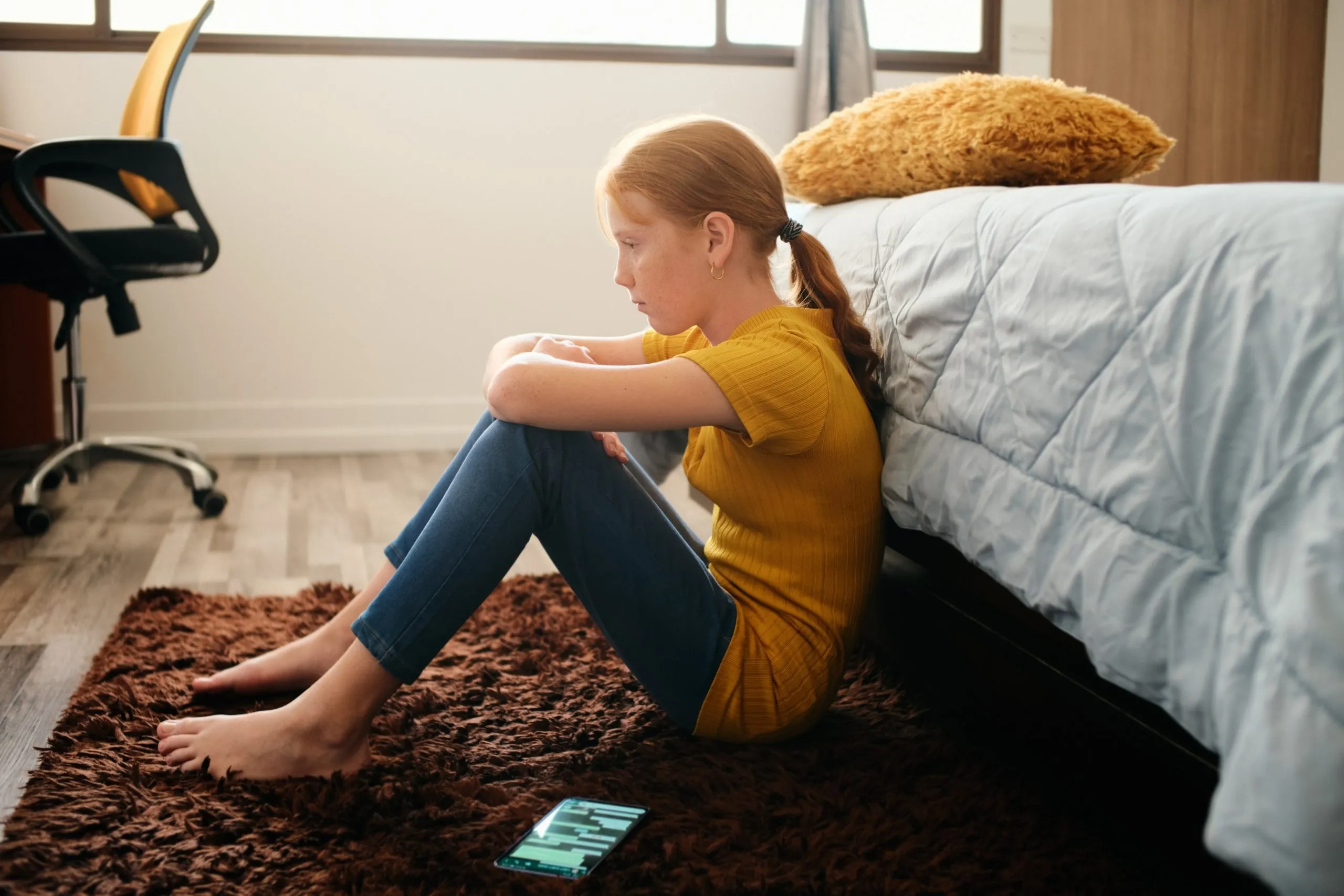A recent survey by the McCreary Centre Society revealed that 25% of young individuals aged 12 to 19 in British Columbia often or always feel lonely. This survey, part of a 30-year tradition held every five years, gathered data from 38,500 participants in B.C. schools in 2023.
The findings highlight several concerning trends among youth, including increased instances of self-harm, disordered eating, sexual abuse, and bereavement due to overdose and violence. Additionally, fewer youths reported positive ratings for their physical and mental health.
On a brighter note, the survey noted improvements in certain areas. More Indigenous youth are learning words in their native languages, and there’s been a decrease in sexual activity, vaping, tobacco smoking, alcohol consumption, and cannabis use among the youth.
Children and Loneliness (Credits: Hope Blog – Hope Education)
However, the statistic on loneliness particularly stands out, shedding light on the broader issue of the digital era’s impact on social interaction.
This trend reflects the growing concern that excessive screen time and online engagement may contribute to a decline in mental health, not just among the youth but adults as well.
The proposed Bill C-63, the Online Harms Act, aims to mitigate some of these online risks. Still, the subtle effects of digital life, such as social comparison and the addictive nature of social media, remain challenging.
Reflecting on my experiences growing up in the Gen X era, where outdoor play and face-to-face interactions were the norms, I recognize the value of real-world engagement over digital immersion.
It’s crucial for young people to learn how to form and sustain meaningful relationships and to balance screen time with physical activity and social interactions.
Recent measures, such as restricting smartphones in B.C. classrooms and emphasizing digital literacy, are steps in the right direction.
However, there’s a need for a more focused approach to teaching social skills and encouraging casual sports and activities that foster teamwork and interpersonal connections.
As we navigate the complexities of the digital age, fostering a culture that values personal relationships and encourages active, social lifestyles is essential for the well-being of our youth and society.
